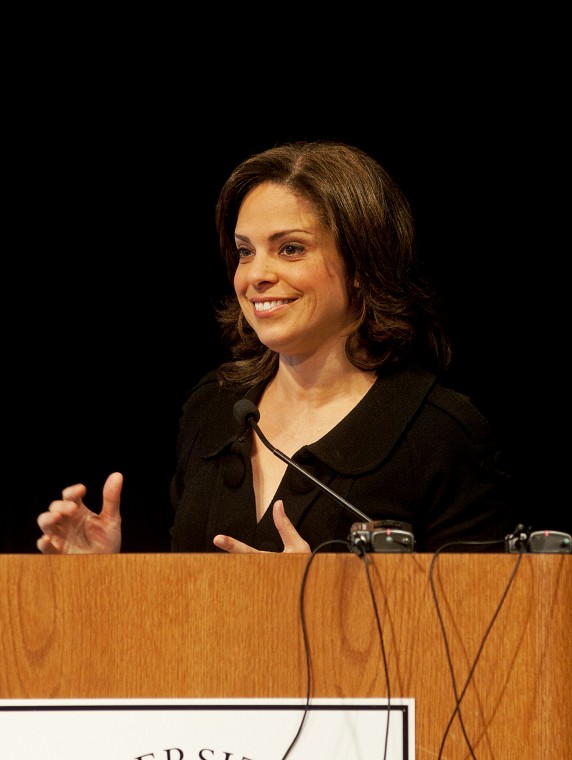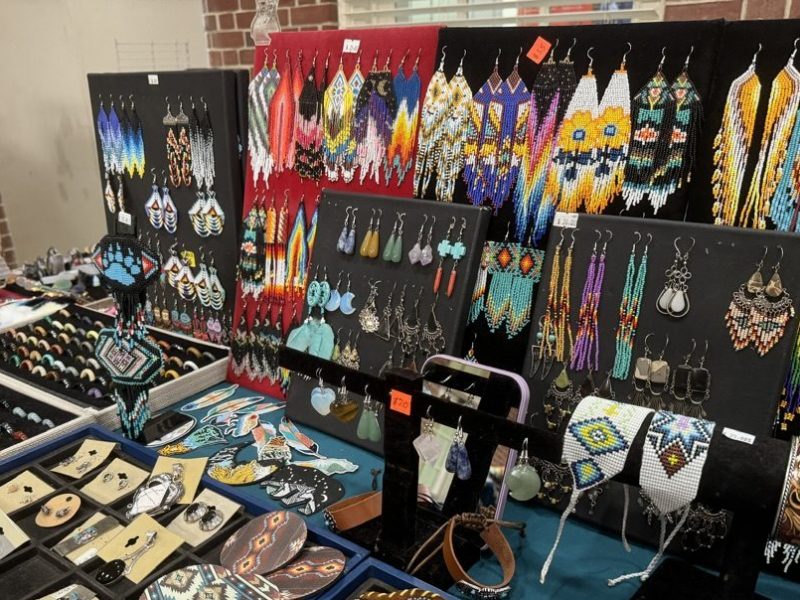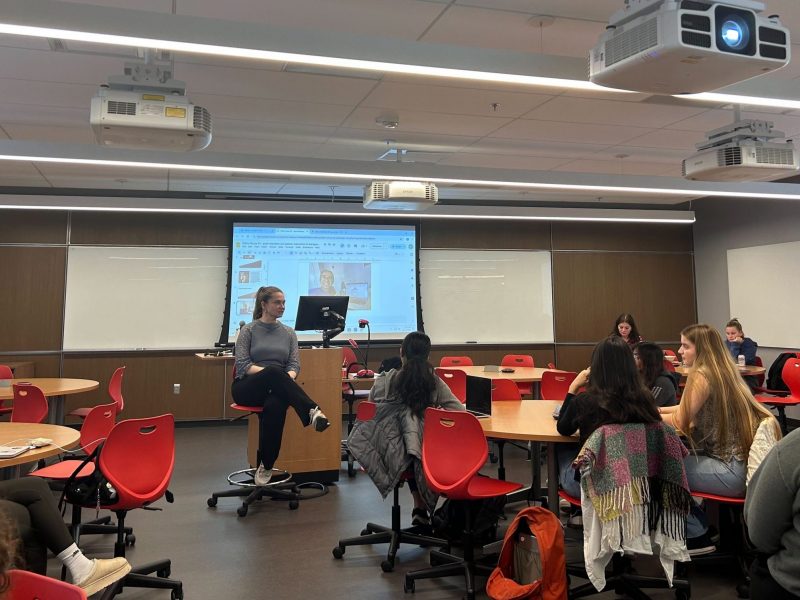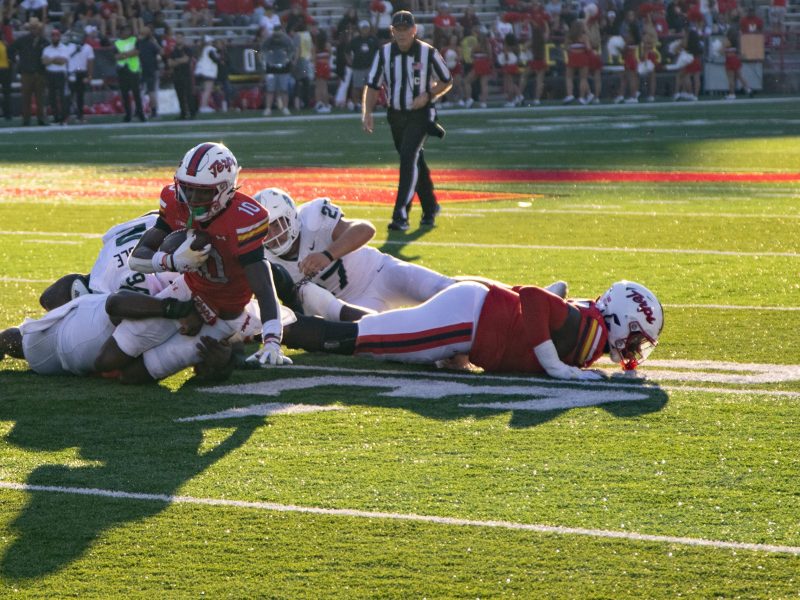
Soledad O’Brien, host of CNN’s “In America,” spoke to about 90 attendees in the student union’s Colony Ballroom yesterday.
Administrators weren’t sure if Soledad O’Brien would make it to an on-campus event yesterday — as one of CNN’s most notable correspondents, she was on reserve by the network to cancel at any moment if news broke regarding diversity.
But this is exactly why she was chosen as keynote speaker at yesterday’s day-long diversity panel hosted by the Office of the Provost. With a long career covering international breaking news, she was officials’ top choice, even though it was unclear until yesterday morning if she would actually arrive.
To the excitement of event planners and more than 90 students and faculty members who attended her keynote speech inside Stamp Student Union’s Colony Ballroom, she arrived early with life lessons to share about the importance of diversity in journalism.
“I was really happy to be here because talking about the stories that I do, the work that I do, and then also the bigger picture of diversity is really important to me,” O’Brien said before the event. “Especially when you have an audience that’s full of students, educators, it’s the best people to talk to, I think.”
The provost’s conversation series was first created in 2003, and this year marked the first day-long event. Each year, the provost’s office aims to bring in speakers who deal with topics of diversity, democracy and higher education, according to Lee Thornton, interim associate provost for equity and diversity.
In the most recent semesters, the series has focused more on diversity as it relates to current events, such as the 2008 elections, the inauguration of President Barack Obama and the 2010 census.
“Timeliness has been the watchword for this year,” Thornton said. “Anybody who thinks this isn’t important is a little misled.”
During her 35-minute speech, O’Brien shared personal stories of her multi-ethnic upbringing and family life — her mother is Afro-Cuban and her father is Australian and Irish — as well as the path she took to begin her CNN series ‘In America,’ documentaries on race, religion and sexual orientation.
Instead of focusing on how cultures are different, O’Brien said she attempts to focus her segments on the fundamental similarities of all people.
“My job is to actually capture that sense of humanity … and hopefully teach people that diversity isn’t really about difference, it’s actually about what we share, about what we all do in our own separate ways,” she said during yesterday’s speech.
Her commitment to bringing diversity to the forefront of journalism, she said, is rooted in the concept of representing communities that have previously been voiceless.
“It’s about saying … ‘I’m standing with you, and I’m willing to stand here and dig my feet in until we figure this out,'” O’Brien said. “It’s about justice, it’s about fairness, it’s about removing people from the box we tend to put them in and allowing a different look and a different take.”
Many attendees of O’Brien’s opening speech said they were excited to participate, especially since the university is searching for a new administrator to fill the newly created chief diversity officer position, which will focus solely on these on-campus issues.
“I definitely wanted to be part of some of the discussions, hear what’s going on campus and what people are saying,” said Brandon Dula, associate director at the university’s Multicultural Involvement Community Advocacy office. “Hopefully some of these discussions will help inform [the search], and maybe talk about where we’re at in terms of serving students. And hopefully we can think of ideas to serve the entire community.”
The rest of the day’s events took place in Stamp’s Charles Carroll room. Three 75-minute dialogue sessions featured panelists such as former George W. Bush speech writer Michael Gerson, Maureen Fiedler of National Public Radio and several university faculty members.
The day concluded with a reading of the five winning essays from the “This I Believe” contest, which asked students to write about their experiences with diversity.
marcot at umdbk dot com



